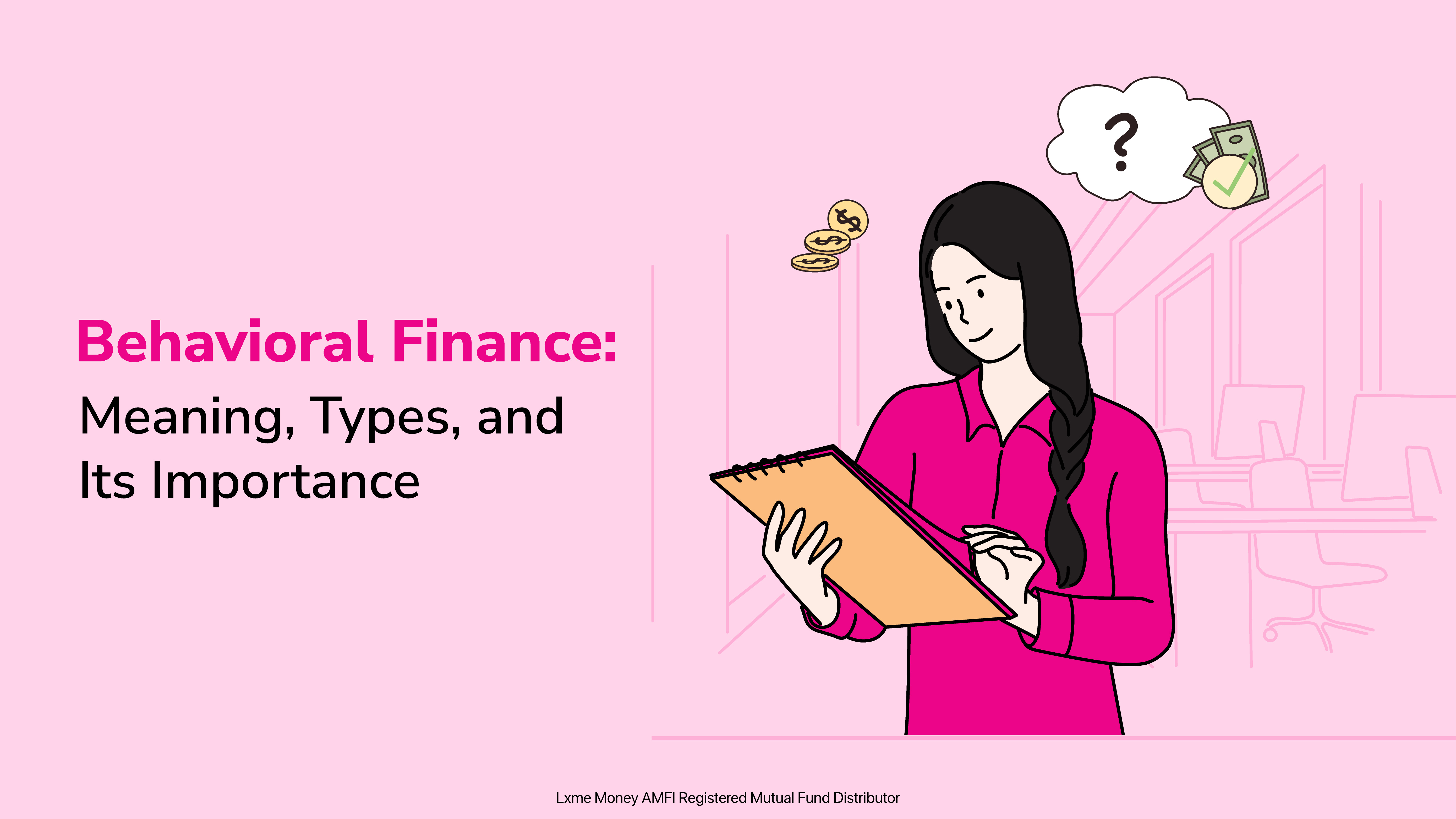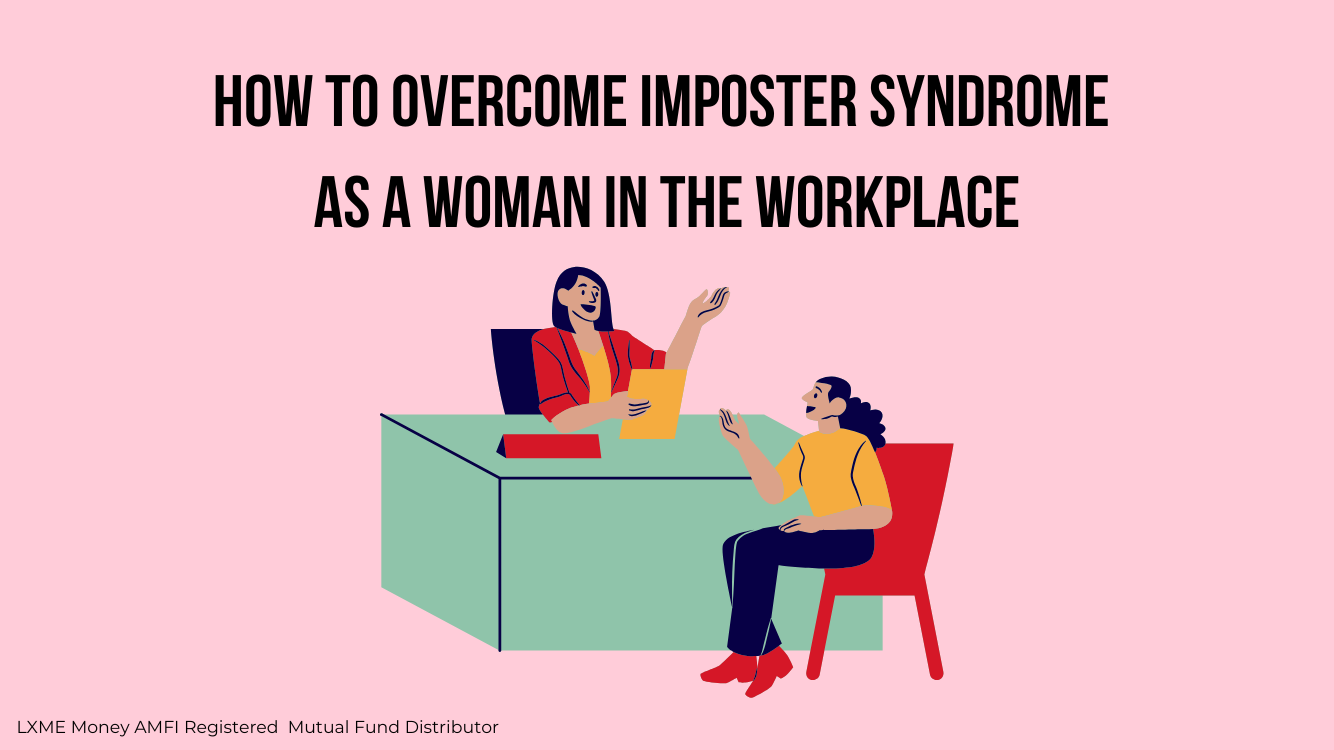Investment is a word that flummoxes many. We avoid it. But it’s not as complicated as it sounds. Investing can become the best way to – not just to save – but to actually grow your hard-earned wealth.
SAVING VS GROWING
The very first question that comes up when talking about investments is, why you shouldn’t put your hard-end earned money in a savings account. Banks do help you recover your money with some interest, don’t they?
Here’s a little exercise for you: Rate of Inflation > Rate of Bank Returns.
HERE’S THE MATH
If you ran a random search online for the inflation (the second half of the definition in economics refers to the fall in the purchasing value of money) rate of India, you’d find the last recorded figure to be 4.97%. Four out of the nine leading nationalised banks in India offer an interest rate of not more than 4.25%. That means, your money isn’t growing fast enough to cope with how much it will be able to buy in the future.
Not to mention how much value it has already lost by staying put in a bank account in the past five years alone, with the historic rate of inflation rising up to 11.17% in 2012 (http://www.inflation.eu/inflation-rates/india/historic-inflation/cpi-inflation-india.aspx).
Now that you’ve realised just what a fool you’ve been for thinking money saved is money earned, let’s start afresh with another old adage, it’s never too late! So chin up. Follow these five mantras and you’ll be on your way to the path of recovery!
#GOALS
We live in the times of positive affirmations. So we spread a slew of happy hashtags and motivational quotes slapped against pretty backgrounds on Instagram. Nothing wrong with that, but some who wander are indeed lost! Not because they didn’t invest in a compass or map, but because they forgot that money will run out on your #wanderlust. If you save for goals beyond gloomy rainy days, our guess is that the reasons vary from that dream trip to catch the northern lights in Iceland, to a BMW, to a great first home. The crux of the matter is that you have to know what you are investing for. Once your goal is set, you will be ready to plan your spends, save and raise funds in time.
WAIT AND WATCH
Investing as an exercise is like brewing fine wine. It gets better with time. So, be patient and bide your time with any investment. Immediate returns generally run the high risk of sudden losses as well. While no investment instrument can guarantee one-way upward progress, but staying invested for long overrides economic downturns any day. Moreover, you can make use of varied investment instruments for different time frames and raise the value of your wealth over time (we’re talking anything between a week and 25 years, so stop checking your watch, already!).
RAISE THE STAKES
We get it, not all of us have the same appetite for risks. Not only our incomes, but also the responsibilities laid upon us by family and our own aspirations can be crushing. Just as your career aim as a professional should be to draw a better pay package each passing year, your investment aim should be to increase the amount of investment year on year as well. With the compounding interest on your side, you are already richer than the previous year.
DISS PROCRASTINATION
Financial health is akin to maintaining a healthy personal disposition. Regular preventive check-ups help monitor one’s body, and a regulated diet keeps us in good shape. Systematic siphons into investment instruments and periodic checks on how they are performing can similarly ensure there are no sudden troughs in your liquid cash. Avoid falling into the traps of eleventh hour investments at the end of the financial year. These may steer you clear of tax implications, but surviving on instant noodles isn’t what you earn for!
SELF HELP IS THE BEST HELP
The reason we distrust grandmother’s remedies and spiritual quacks is the same reason we should take friends’ and family’s financial advice with a pinch of salt. There is no financial hat whose one size fits all. Just as a medical practitioner dedicates time to understand the anatomy she or he learns to cure, spend a little bit of time to understand your needs (and sometimes greed). Nothing beats your own research – your questions will be answered and your confidence boosted. At the end of the day, being evasive about money with acronym excuses such as YOLO and FOMO are all very well. But the real joy in life is to create. And what better creation to derive joy and pride from than your own wealth that lets you enjoy the good things in life guilt-free, and debt-free!













